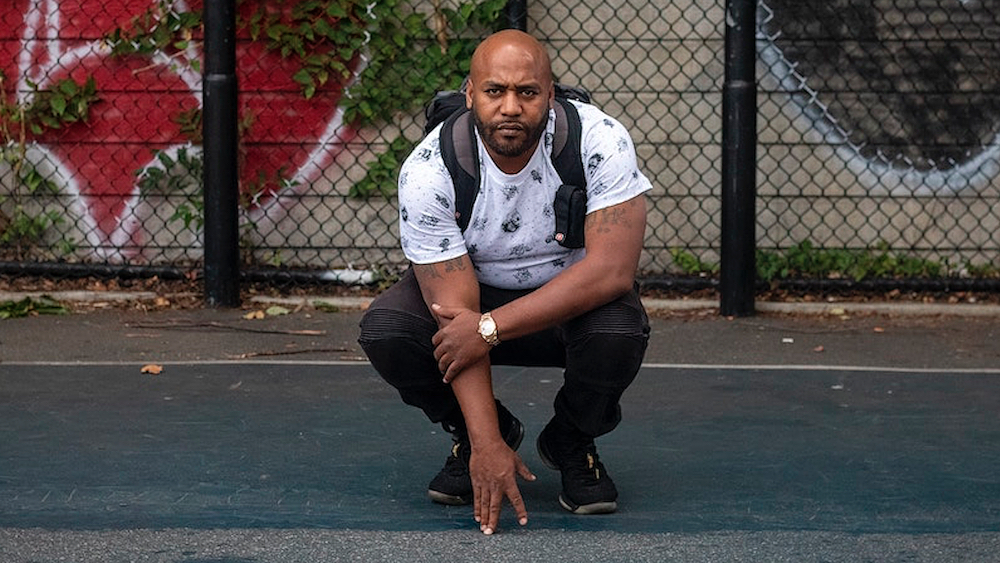If you’re interested in sharing your opinion on any cultural, political or personal topic, create an account here and check out our how-to post to learn more.
____
True creativity relies heavily on novelty but also on function: it must sell, communicate, innovate or capture a moment in time. At my creative agency ConCreates, staffed entirely by incarcerated or formerly incarcerated individuals, we draw on the natural parallels between the criminal and creative process. We explore how the two endeavors intersect, how they both lace novelty with logic, employing unorthodox ideas to solve problems. For the past four years, ConCreates has been helping justice-involved individuals channel their creative instincts into stable career paths. Now, I’m urging other employers to follow suit.
I was inspired to start ConCreates while serving time myself. In prison, I crossed paths with the founder of an apparel company and developed a friendship with him. Together, we started running creative brainstorming sessions with other inmates, which helped him grow his sales dramatically. I began to wonder if this unconventional model could yield similar results for other brands. After I was released, I joined an entrepreneurship program for reentry individuals called Defy Ventures, which helped get ConCreates off the ground.
Today, ConCreates is a success, boasting 14 full-time staff. The agency employs a crowdsourcing model, tapping into a network of 436 men and women now serving time, and 319 on the outside. We are also forming close partnerships with other firms, sharing clients with them.
At ConCreates, we look at the conviction first, then the job. We identify the skills behind the offense, and how these skills can be harnessed for roles in advertising. For instance, we view bank robbers as effective strategists, drug dealers as logistical experts, graffiti artists as designers. Our justice-involved team tends to think broader and take more risks, producing bold, exciting, creative products.
Moreover, our team members often come from unique backgrounds, lending a deeper understanding of certain populations. Successful creative work is often a conversation between an idea and a culture. Justice-involved individuals are attuned to certain cultural attitudes and perceptions that prove elusive to most. We can speak directly — and effectively — to certain populations, rather than basing our knowledge off of third parties.
I know firsthand there is tremendous creative strength within the justice-involved population. They just need the tools and resources to nourish and monetize their talent. It’s time we not only help these individuals realize their creative potential but change the way society approaches and understands them.
I am currently working with Los Angeles County’s Fair Chance Hiring Initiative, a program that encourages employers to hire reentry individuals and sign a pledge to commit to doing so. As our country becomes increasingly diverse, it’s vital that brands adopt a cross-cultural model. In order for businesses to tap into what makes people different, they shouldn’t just hire people of different races or ethnicities; they should build teams with varying life experiences. One third of Americans have a criminal record, which should be reflected in hiring practices.
The Fair Chance Hiring Initiative is making great strides in equalizing the hiring landscape and shifting how employers perceive justice-involved individuals. But more businesses need to join their efforts. Research from the Society for Human Resources Management and the Charles Koch Institute found that the quality of reentry individuals’ work is as high or higher than that of the rest of the workforce. They often work harder, climb the ranks faster and are more loyal to employers. When businesses hire reentry individuals, they may benefit from financial incentives such as tax credits, federal bonding programs and reimbursement of training costs.
I can attest to the professional gains of hiring from the justice-involved population and am eager to help other employers adopt the model. We need to help those who have paid (or are currently paying) their debts to society find a path forward. To do this, we must urge businesses to challenge current hiring conventions, dispel long-held prejudices and give justice-involved individuals a chance. Slowly, we are shifting the hiring culture towards justice and accelerating the tide of progress. Now, we must call on employers to keep up.
Learn more about the Fair Chance Initiative and sign the pledge: FairChance.lacounty.gov.
Originally published here. Republished with permission from Vincent Bragg's team.
____
Vincent Bragg is the co-founder of the creative agency ConCreates.

